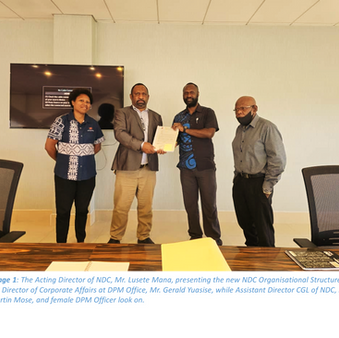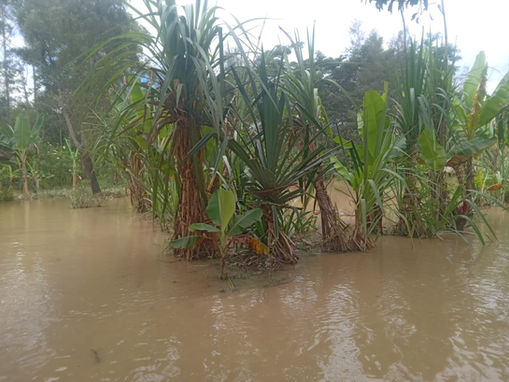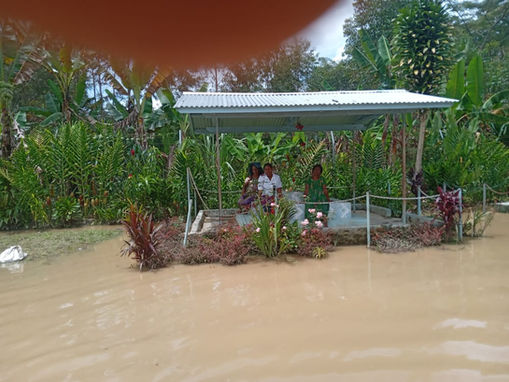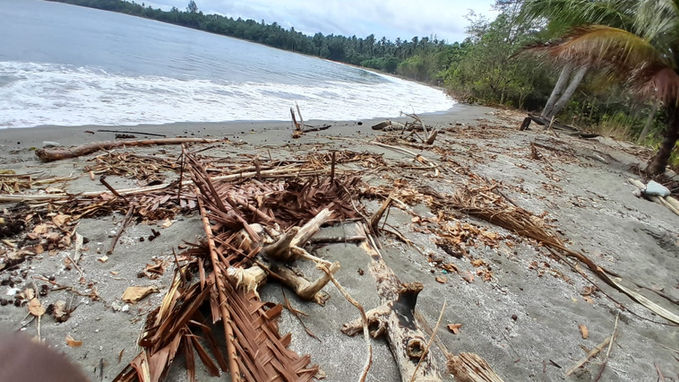Disaster News & Updates
Director's Foreword

Mr. Lusete Laso Mana
Acting Director, NDC
On behalf of the Chairman of National Disaster Committee (ND COM) and the Management and Staff of the National Disaster Centre (NDC), it is my great pleasure to welcome you all to the website of Papua New Guinea National Disaster Centre.
The NDC is mandated by the Disaster Management Act of 1984 (revised 1987), Part III, Section 15 to manage disasters in the country. Dissemination of disaster alerts and awareness messages are key components in disaster management. The Centre as the coordinating agency for disaster management issues in the country, now wish to use this mode of communication to transmit valuable disaster risk and disaster management information to everyone so they be better prepared for disasters and emergencies.
Welcome to our platform focused on disaster management in Papua New Guinea. Our objective is to enhance awareness and provide vital resources regarding the distinct challenges our nation encounters in the realm of natural disasters. By fostering resilience and preparing our communities for effective emergency response, we can work together to protect lives and livelihoods in this beautiful yet susceptible region.

































